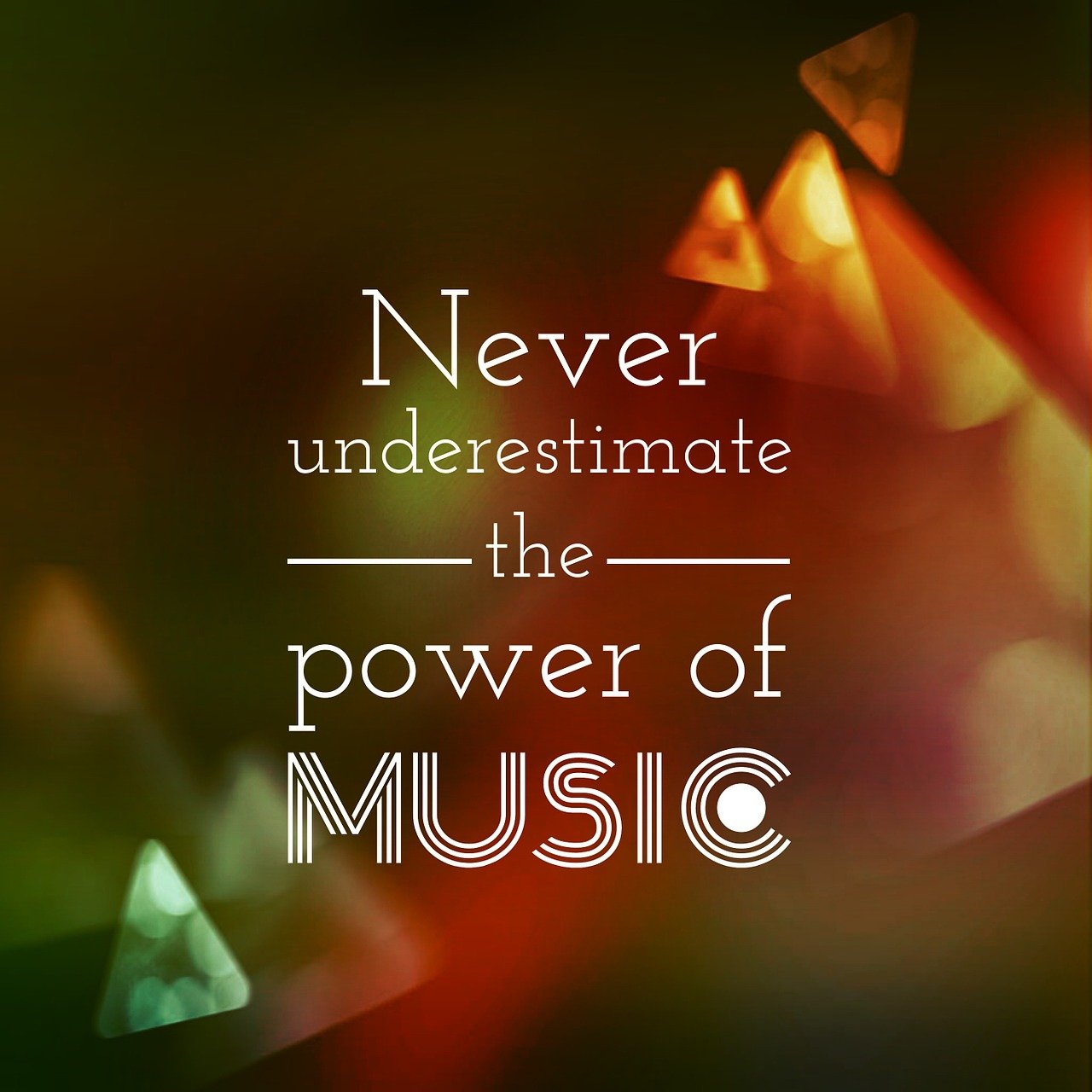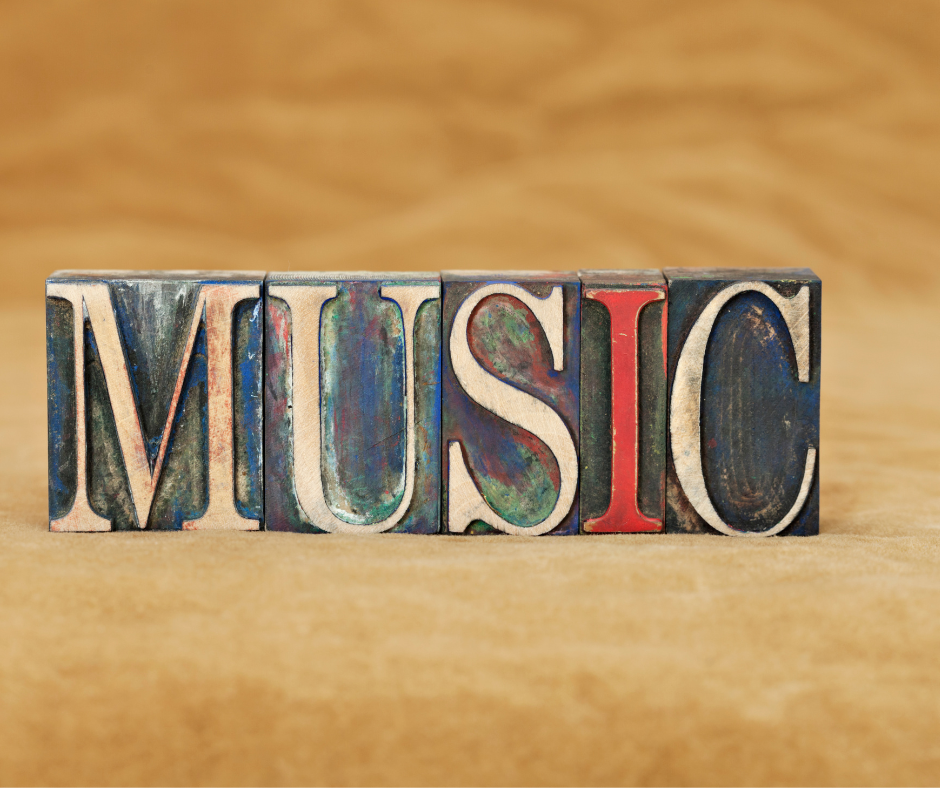Music has always been a powerful force, capable of evoking a wide range of emotions and experiences. Beyond its ability to entertain, music also plays a significant role in mental health and healing. Music therapy has emerged as a valuable tool for addressing various psychological and emotional challenges, offering a non-invasive and holistic approach to mental well-being. This blog post explores the role of music in mental health and how music therapy can promote healing and recovery.

The Connection Between Music and Emotions
Music’s ability to influence emotions is well-documented. Certain melodies, rhythms, and harmonies can evoke feelings of joy, sadness, relaxation, or excitement. This emotional response is rooted in the brain’s processing of musical elements, which can affect mood and psychological states.
Research has shown that music can stimulate the release of neurotransmitters such as dopamine and serotonin, which are associated with pleasure and mood regulation. This biochemical response explains why music can have such a profound impact on our emotional well-being.
Music Therapy: A Holistic Approach to Healing
Music therapy is a therapeutic approach that uses music as a tool to address physical, emotional, cognitive, and social needs. It involves various techniques, including listening to music, playing instruments, songwriting, and improvisation. Music therapists work with individuals or groups to achieve specific therapeutic goals and improve overall quality of life.
Music therapy has been shown to be effective in treating a range of mental health conditions, including anxiety, depression, trauma, and stress. It can also be beneficial for individuals with neurological conditions such as dementia and Parkinson’s disease.
Music Therapy Techniques and Approaches
- Active Music Therapy: Involves engaging in musical activities, such as playing instruments, singing, or improvisation. This approach encourages self-expression and emotional exploration.
- Receptive Music Therapy: Focuses on listening to pre-recorded or live music. This technique is often used to promote relaxation, reduce anxiety, and facilitate emotional processing.
- Creative Music Therapy: Encourages individuals to create their own music through songwriting or improvisation. This approach can help individuals process their emotions and experiences in a creative and constructive way.
- Music and Movement Therapy: Combines music with movement to enhance physical and emotional expression. This technique is particularly effective for improving motor skills and body awareness.
Benefits of Music Therapy
- Emotional Expression and Regulation: Music therapy provides a safe and non-verbal outlet for expressing emotions. It can help individuals process complex feelings and manage emotional responses.
- Stress Reduction: Music has been shown to lower cortisol levels, which are associated with stress. Listening to calming music or engaging in musical activities can promote relaxation and reduce anxiety.
- Improved Cognitive Function: For individuals with cognitive impairments, such as those with dementia, music therapy can stimulate memory recall and cognitive function. Familiar music can evoke memories and improve mental clarity.
- Enhanced Social Interaction: Group music therapy sessions can foster social connections and communication. This is particularly valuable for individuals who struggle with social isolation or interpersonal relationships.
- Pain Management: Music therapy has been used to manage pain and discomfort in medical settings. It can help distract from pain, improve relaxation, and enhance the overall experience of medical treatments.
Integrating Music Therapy into Daily Life
While professional music therapy offers numerous benefits, individuals can also incorporate music into their daily lives to support mental health. Listening to favorite songs, creating playlists for different moods, or participating in musical activities can enhance emotional well-being and provide comfort during challenging times.
Conclusion
Music therapy is a powerful tool that harnesses the emotional and psychological benefits of music to promote healing and mental well-being. Whether through professional therapy or personal enjoyment, music has the potential to positively impact mental health and enrich our lives. As research continues to explore the benefits of music in mental health, the therapeutic applications of music will likely expand, offering new ways to support and enhance emotional and psychological well-being.





